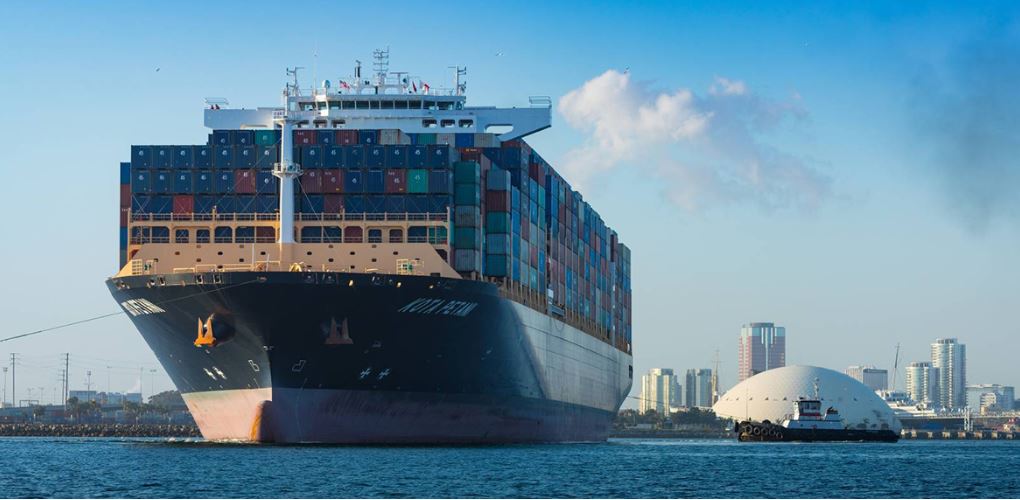Matthew Bland, a digital transformation leader with nearly two decades of maritime experience, was among the first to guide vessels through the move fom paper to electronic logbooks.
In this exclusive interview, he shares candid lessons from the front lines of digitalisation: how infrastructure gaps, and vendor missteps can derail even the best-intentioned projects. From spotting operational trends early to reducing compliance headaches, Bland explains why the rewards are worth the effort, but only if fleet managers treat IT as a strategic investment and choose their technology partners with the same care as a long-term relationship. His perspective offers fleet leaders a grounded roadmap for turning digital records into real operational value
The Rewards and Realities of Digital Logbooks
As one of the early pioneers in transitioning vessel operations from paper to digital logbooks, Bland navigated the complex regulatory landscape while balancing crew needs and operational efficiency.
“You have to think about cybersecurity, bandwidth issues, and server capacity,” Bland explained. “If you’re only starting on the digitalisation front, you may need to upgrade your digital infrastructure first.”
Despite significant increases in the cost of electronic vs paper logs, the benefits gained through going digital are huge. “Electronic records meant we could spot trends before they became problems,” Bland recalled. “Time saved in cross-referencing digital logs meant ship visits were more productive.”
Yet the benefits often extend beyond the balance sheet. “The cost is in pounds, but the benefits aren’t easily shown on a balance sheet,” he reflected, pointing to qualitative improvements such as better compliance, smoother workflows, and reduced stress for crews.
Choosing and Living With the Right Vendor
Bland is adamant that success depends as much on vendor choice as on the technology itself. “You must understand your vendor roadmap and where they’re going in the future,” he advised.
While there is always the option to switch to a new provider, it shouldn’t be taken lightly, particularly in a market like electronic logbooks which spans across multiple vessel operations. “Choose your supplier as if you’re married to them.”
In his own case, Bland’s team selected a well-established vendor with a familiar interface and pre-existing relationship. But the decision proved more complicated than expected. “We didn’t realise the logbooks were an outside system they were reselling. It wasn’t integrated into their suite and therefore had a different user interface,” he admitted, negating many of their reasons for choosing this supplier.
Even more concerning, the third-party developer was not a maritime company. As such, the said party didn’t realise the severity of the consequences if the system wasn’t available. This caused significant stress for the organisation, particularly around crew changes.
“We could be a week behind on entries when the system’s not been available, with records on scraps of paper, which is not great for compliance. In the past, we’ve had a lot of stress trying to get systems back online before crew changes,” Bland said.
For Bland, the lesson is clear: do not just choose the most reputable name or the vendor you already know. Take the time to identify a partner who truly understands your operational realities. “Choose your supplier as if you’re married to them,” he said. “Your vendors should be assets… not obstacles.”





